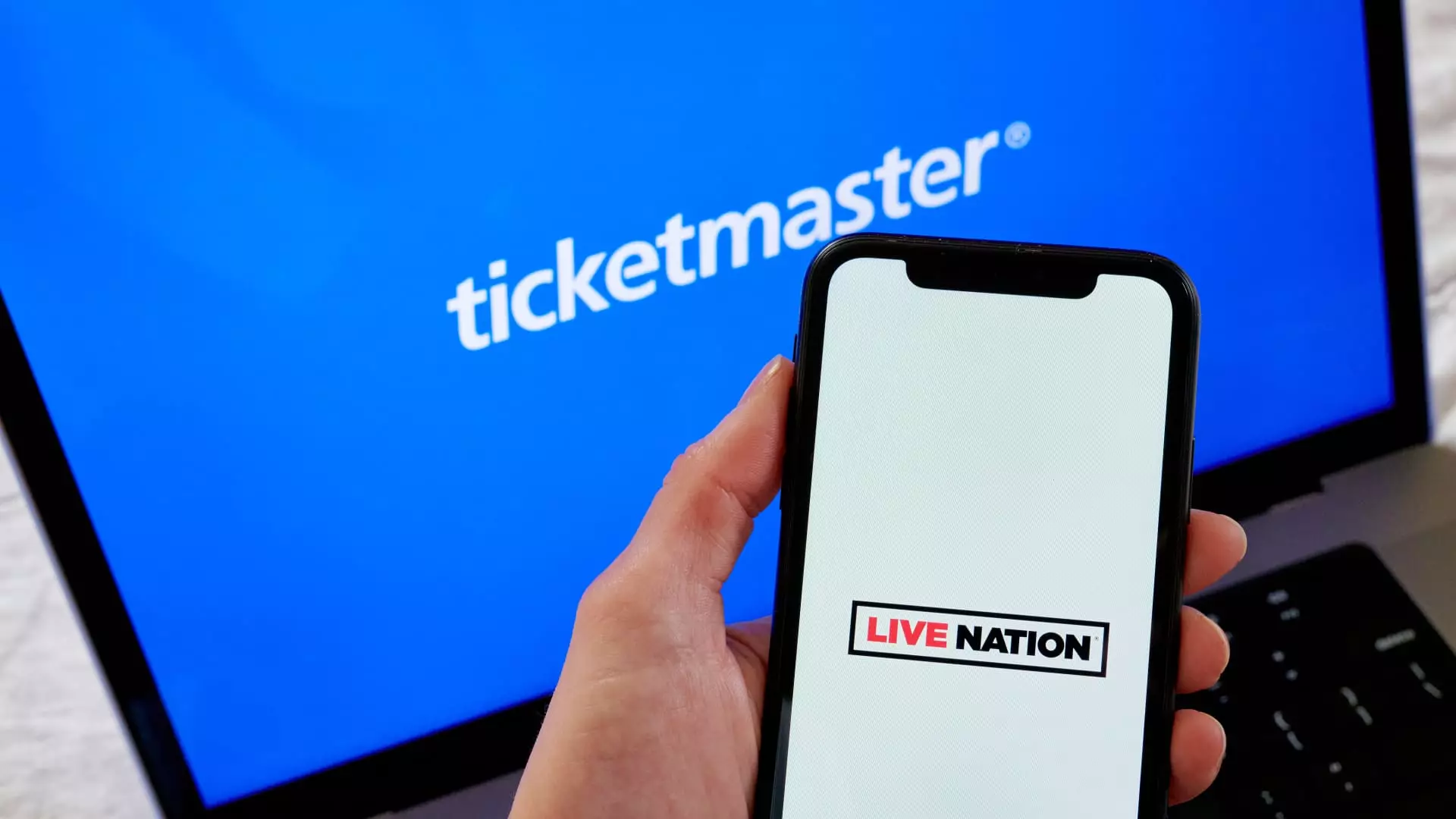The U.S. Department of Justice, along with 30 states, has filed a lawsuit against Live Nation, the parent company of Ticketmaster, over alleged antitrust violations. This legal action stems from a DOJ investigation that began in 2022, focusing on whether Live Nation holds a monopoly within the ticketing industry. The probe was initiated after fan complaints following a problematic ticket rollout for Taylor Swift’s Eras tour.
According to Attorney General Merrick Garland, the DOJ alleges that Live Nation engages in unlawful and anticompetitive behavior to maintain monopolistic control over the live events industry in the United States. This control comes at the expense of fans, artists, smaller promoters, and venue operators. Garland stated that the outcome of Live Nation’s actions results in increased fees for fans, limited concert opportunities for artists, exclusion of smaller promoters, and restricted choices for venues in terms of ticketing services.
In response to the lawsuit, Live Nation stated that the DOJ’s allegations of monopoly are “absurd.” The company’s executive vice president for corporate and regulatory affairs, Dan Wall, criticized the DOJ’s complaint, claiming that Live Nation and Ticketmaster are unjustly portrayed as the primary reasons for fan dissatisfaction with the live entertainment industry. Wall argued that ticket prices are influenced by various factors, such as production costs, artist popularity, and online ticket scalping.
Live Nation and Ticketmaster merged in 2010, creating a dominant entity in the live event industry. Live Nation operates and manages ticket sales for live entertainment on a global scale and owns over 265 entertainment venues in North America. The DOJ lawsuit alleges that Live Nation exercises control over 80% or more of major concert venues’ primary ticketing for concerts through Ticketmaster.
The Justice Department lawsuit accuses Live Nation of maintaining a self-reinforcing business model by profiting from fees and revenue generated from concert fans and sponsorships. This financial leverage is then used to secure exclusive promotion deals with artists, providing them access to key entertainment venues nationwide. Live Nation is also accused of engaging in anti-competitive behaviors, such as threatening financial retaliation against competitors, acquiring regional threats, and discouraging competition in concert promotions.
Live Nation made headlines due to disruptions during the sale of Taylor Swift concert tickets, prompting a Senate subcommittee investigation. The lawsuit raises concerns about inflated ticket prices and limited ticketing innovation for music fans in the United States. Fans have expressed frustration over high prices, leading some to seek concert tickets in other countries where prices may be more affordable.
Live Nation refutes claims of benefiting from monopoly pricing and argues that service charges through Ticketmaster are comparable to or lower than other platforms. The company emphasizes that ticket prices are set by artist teams, and venues retain the majority of ticket fees. Live Nation asserts that the lawsuit will not result in reduced ticket prices or service fees, maintaining that objections to vertical integration lack legal merit.
Despite the legal challenges, Live Nation reported its “biggest Q1 ever” with a significant revenue increase in the first quarter. The company has faced scrutiny over transparency issues regarding hidden fees in ticket pricing, but it remains focused on ongoing operations and profitability.
The antitrust lawsuit against Live Nation sheds light on the complexities of the live events industry and the impact of monopolistic practices on fans, artists, and venues. The legal battle between the DOJ and Live Nation underscores the need for greater competition and fairness in ticketing services, potentially leading to changes in how live events are managed and promoted in the future.

